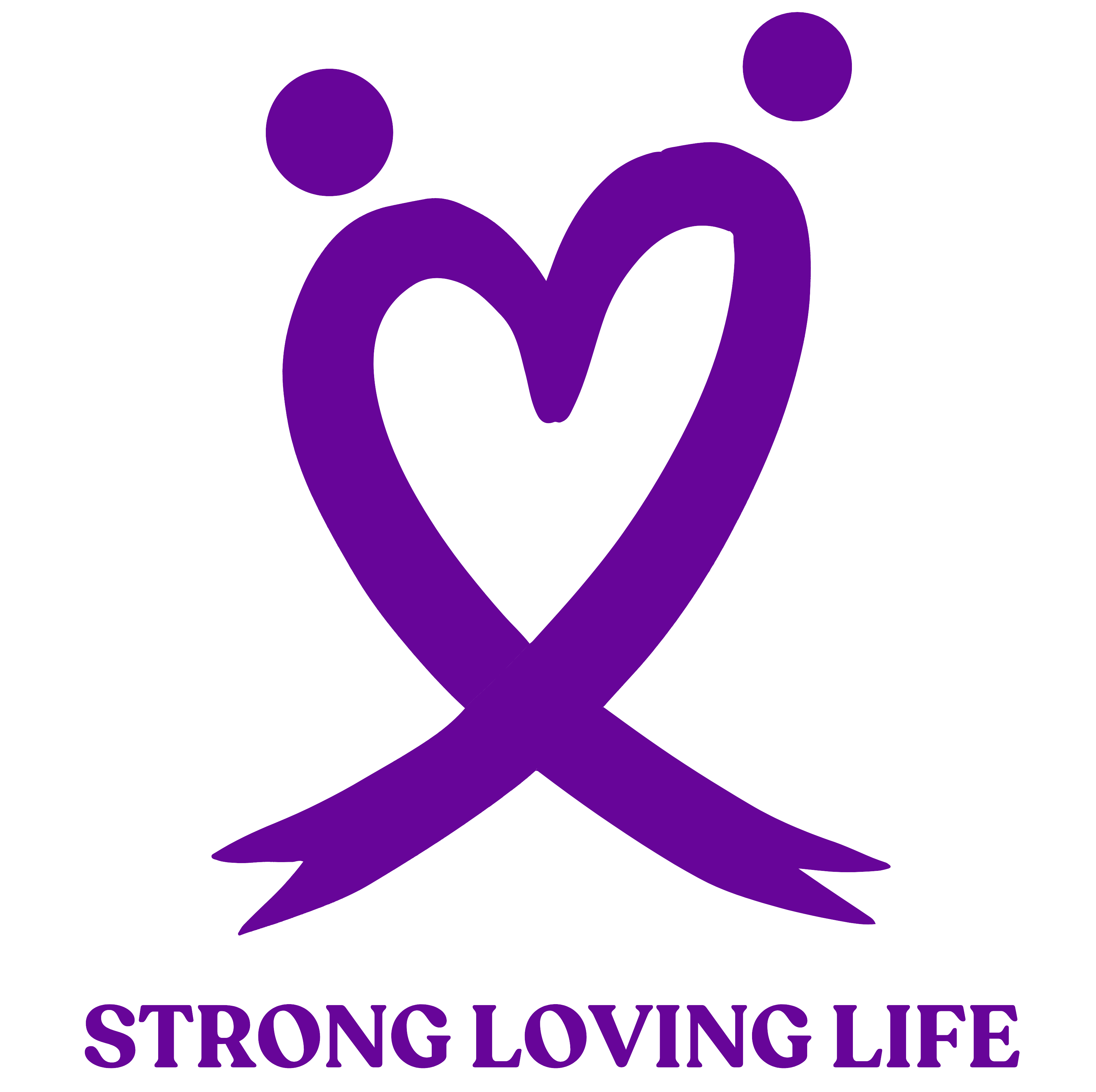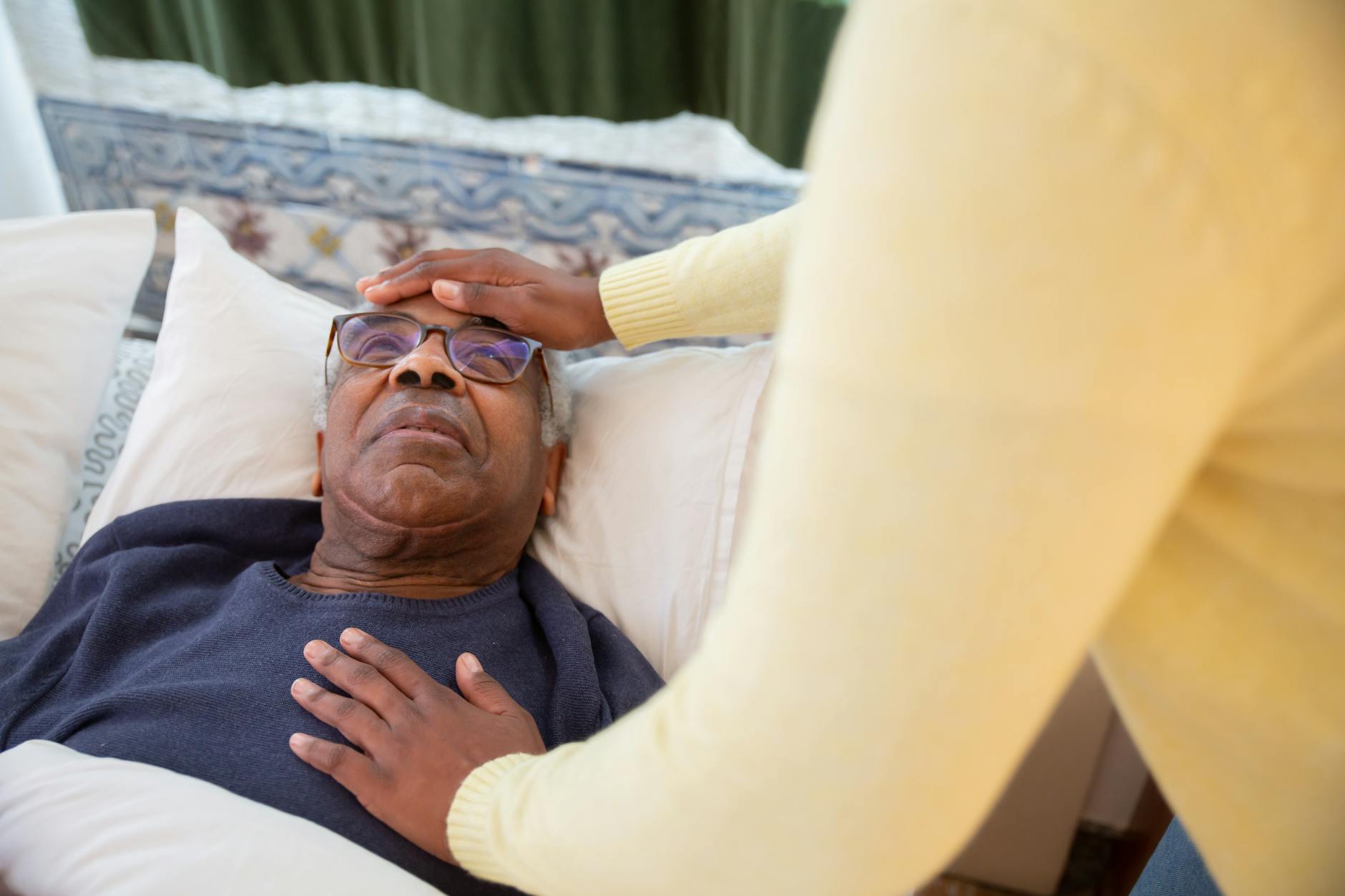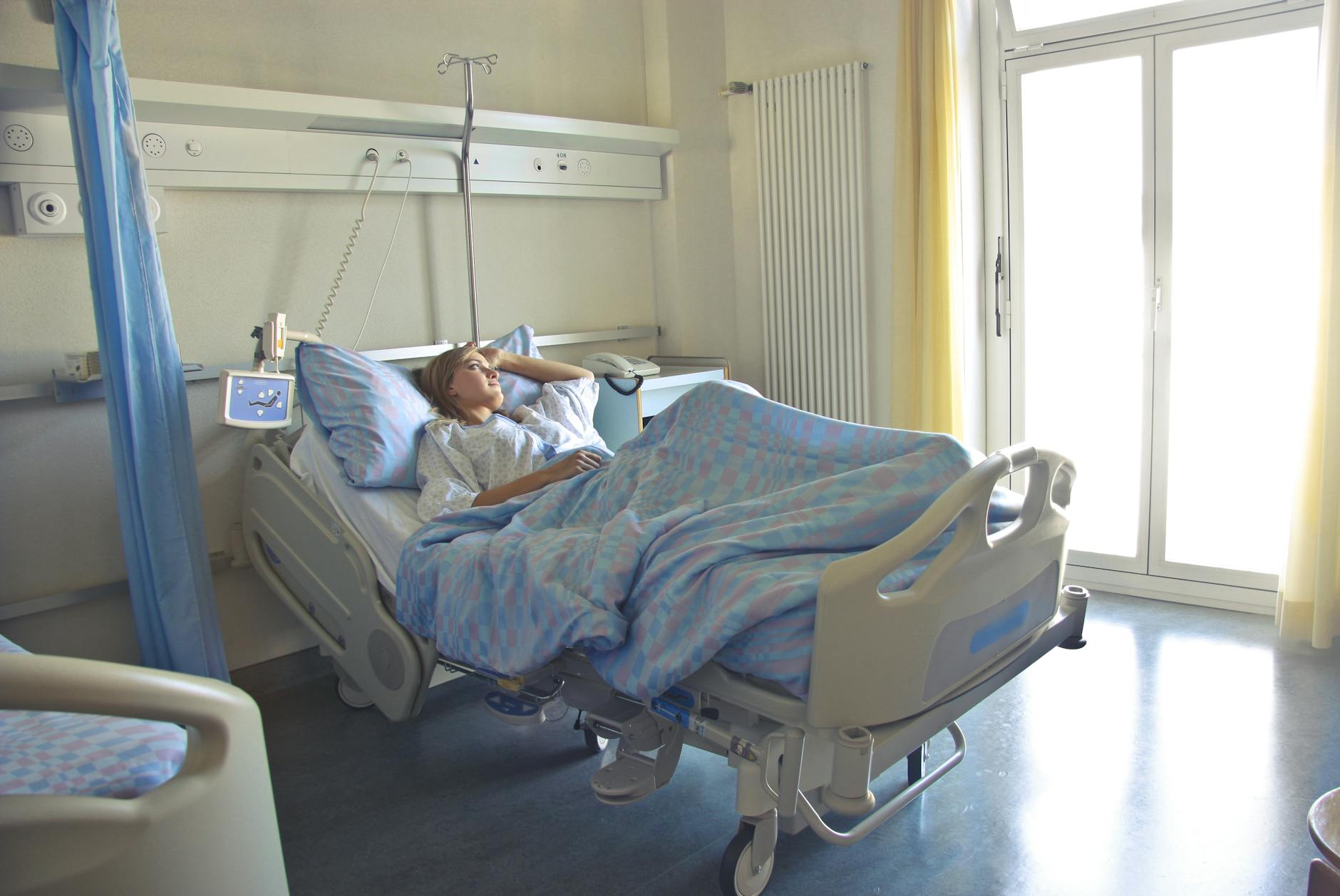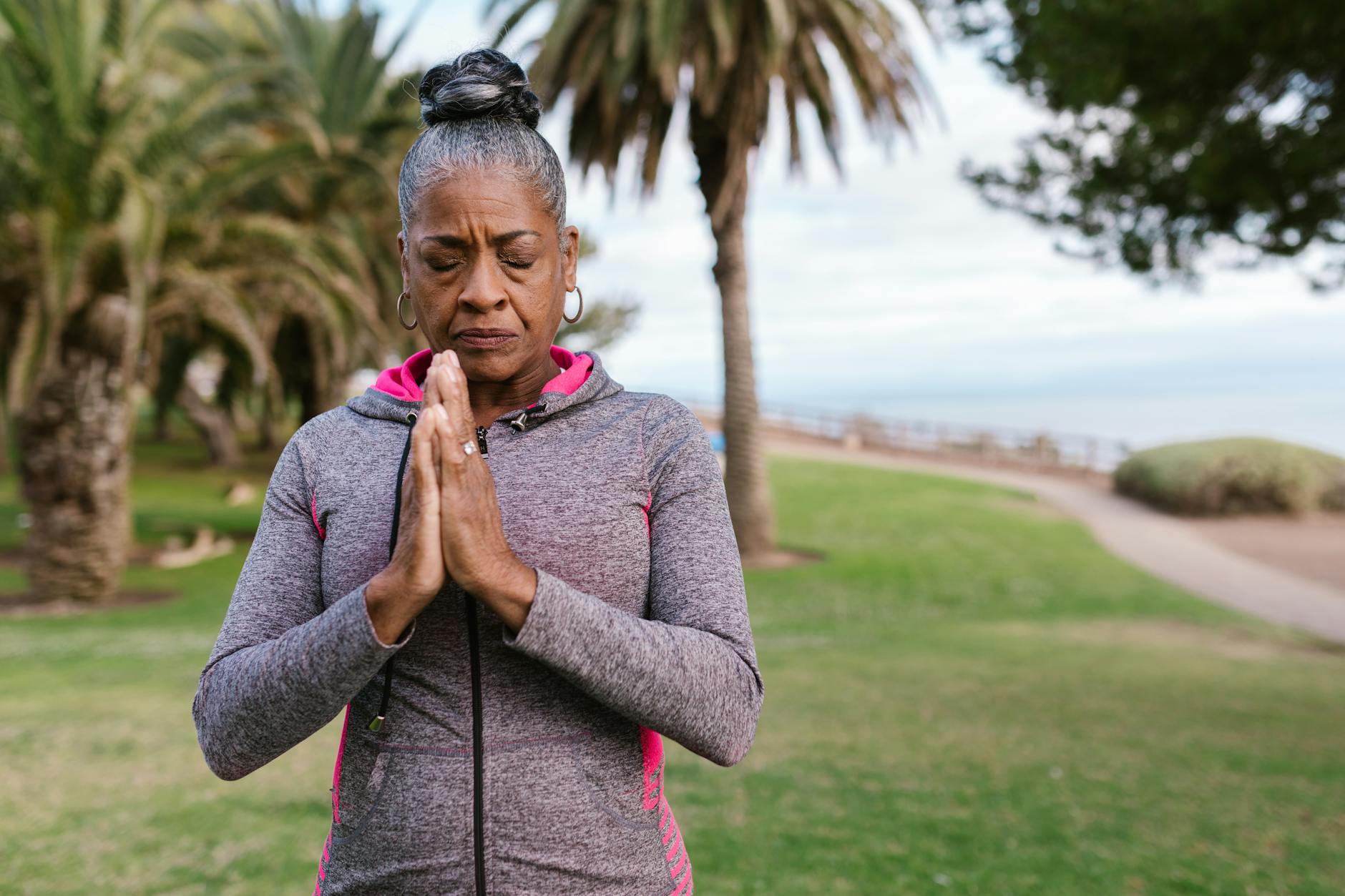Insurance, at its core, is a mechanism for managing risk and providing financial security against unforeseen events. While the fundamental principles of insurance are universal, the practical application and perceived necessity of various policies can be profoundly shaped by local culture influences insurance. In few places is this more evident than in Louisiana, a state celebrated for its vibrant, distinctive heritage.
The unique blend of Cajun and Creole traditions, a deep connection to family and community, a history marked by both revelry and resilience, and an undeniable affinity for its natural, albeit often volatile, environment, all converge to significantly influence how local culture influences insurance needs.

Louisiana’s Cultural Foundation for Understanding
Louisiana’s culture is a rich gumbo of influences. French, Portuguese, African, and Native American traditions have simmered together over centuries, creating a society deeply rooted in community, tradition, and a certain joie de vivre. From the bayous of Acadiana to the historic streets of New Orleans, life focuses on interconnectedness. Family ties are paramount, festivals are frequent, and a sense of shared destiny prevails.
This distinct cultural fabric impacts perception, priorities, and trust. For generations, Louisianans have faced the dual realities of bountiful natural resources and the ever-present threat of hurricanes, floods, and coastal erosion. This constant dance with nature has bred a unique blend of resilience, a “we’ll rebuild” spirit, and, at times, a degree of fatalism – “if it’s going to happen, it’s going to happen.” Understanding these ingrained cultural traits is crucial for anyone seeking to comprehend the state’s insurance dynamics.
Cultural Influences on Perceived Risk and Preparedness
The interplay between how local culture influences insurance and the assessment of risk is complex:
Resilience vs. Proactive Mitigation
Louisiana’s history is punctuated by devastating natural disasters. From Hurricane Katrina to Hurricane Ida, communities have been repeatedly flattened only to rebuild with remarkable speed and spirit. This ingrained resilience, while admirable, can sometimes lead to a reactive rather than proactive approach to risk. Some residents might feel, “we’ve always bounced back,” potentially leading to an undervaluation of pre-emptive measures or comprehensive insurance coverage. The focus often becomes on recovery after the fact, rather than extensive mitigation beforehand.
Community and Family Support
In Louisiana, the concept of “family” often extends far beyond immediate relatives to encompass neighbors, church members, and entire communities. In times of crisis, informal support networks are incredibly strong. This reliance on community aid – sharing resources, offering shelter, helping with cleanup – can paradoxically diminish the perceived need for extensive personal insurance, as there’s an assumption that “someone will help.” While invaluable, these informal safety nets aren’t a substitute for robust financial protection.
Trust and Relationship-Based Decisions
Louisianans often prioritize personal relationships and local connections. There can be a healthy skepticism of large, impersonal institutions, sometimes stemming from historical grievances or a general preference for face-to-face interactions. This means that an insurance agent who is a neighbor, a fellow churchgoer, or a familiar face in the community will often garner far more trust and business than an online provider or a distant corporate entity. Decisions are often made based on recommendations from trusted sources rather than purely on price or policy features.
“Laissez les bons temps rouler”
The famous Cajun phrase, meaning “let the good times roll,” embodies a cultural inclination towards enjoying the present moment. While fostering a vibrant social life, this outlook can sometimes inadvertently lead to deferring long-term financial planning, including comprehensive insurance coverage, for a later date. The immediate joy might overshadow the distant but vital need for preparedness.
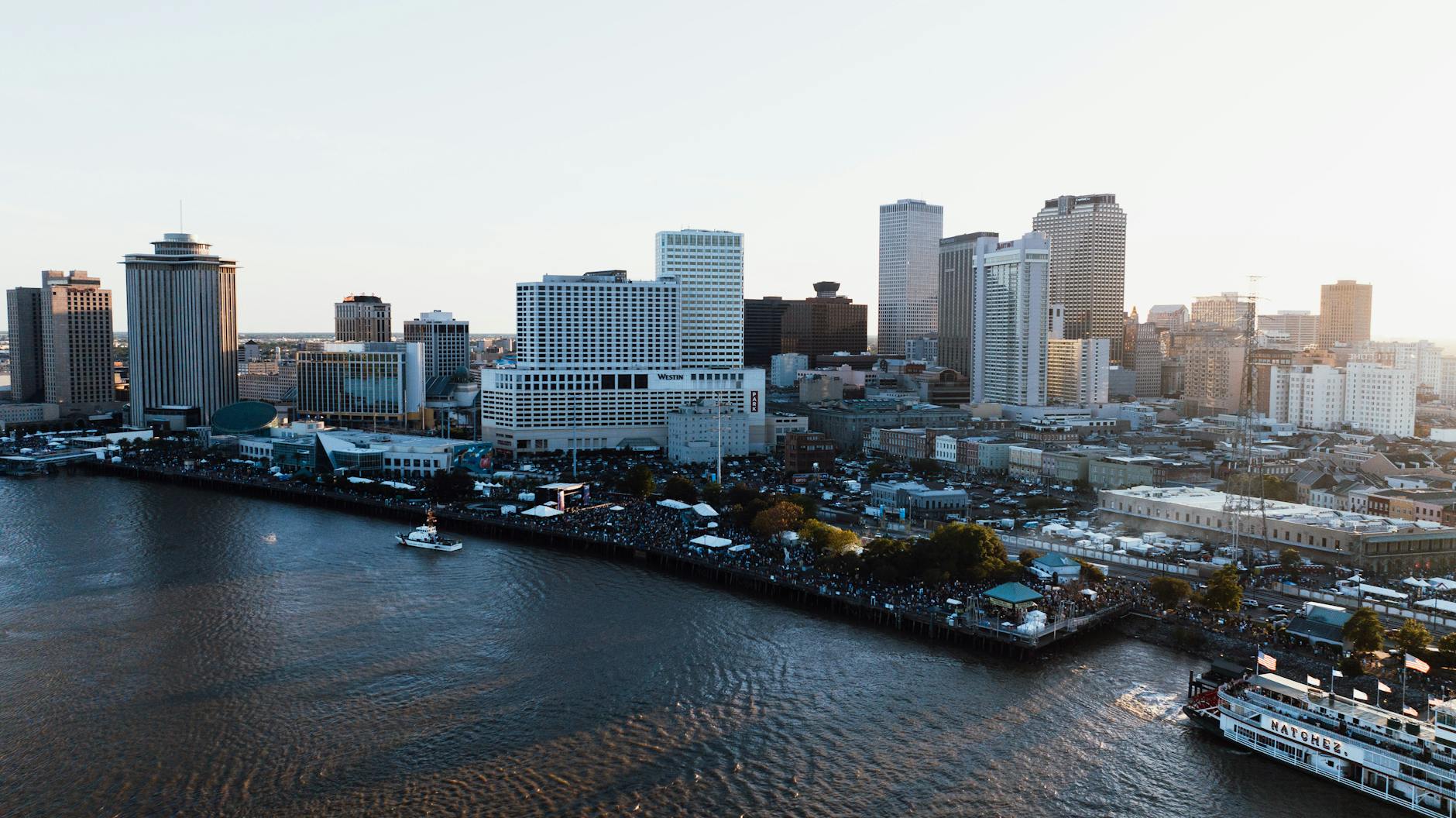
Specific Insurance Types and Cultural Impact
The local culture influences insurance undercurrents manifest distinctly across various insurance categories:
Property Insurance (Homeowners, Flood, Wind)
This is arguably where Louisiana’s culture and environment collide most dramatically. The state’s vulnerability to hurricanes and floods means that property insurance is not a luxury but a necessity, yet cultural factors still shape how it’s approached.
- Coastal Living and Tradition: Generations have lived on the same plots of land, often in historically significant or architecturally unique homes. The desire to rebuild in the exact same spot, regardless of increased flood risk or elevated building costs, is strong. This cultural attachment to place can sometimes conflict with actuarial realities, making it challenging for homeowners to adapt to new building codes or relocate.
- Flood Insurance Nuances: Due to the pervasive flood risk, the National Flood Insurance Program (NFIP) is a critical component for many. However, understanding its limitations, such as contents coverage or the need for private flood insurance for higher limits, is often challenging. The “it’s never flooded here before” mentality, despite changing weather patterns, can lead to underinsurance.
- State-Backed Solutions: The sheer burden of catastrophic risk has led to the prominence of Louisiana Citizens Property Insurance Corporation, the state’s insurer of last resort. This entity reflects the state’s need to provide a safety net when private markets retrench, highlighting the unique challenges of insuring property in a high-risk region.
Here are some common property risks in Louisiana that heavily influence insurance needs:
- Hurricanes and Tropical Storms (wind and storm surge)
- Flash Floods and Riverine Flooding
- Subsidence and Ground Movement (especially in coastal areas)
- Tornadoes and Severe Thunderstorms
- Coastal Erosion
Auto Insurance
Louisiana consistently ranks among the states with the highest auto insurance premiums. While factors like poor road conditions and a higher rate of uninsured motorists play a role, cultural elements also contribute.
- Litigious Environment: The state’s legal framework and a culture that sometimes favors litigation contribute to higher claims costs. A “right to sue” mentality means even minor accidents can escalate into costly legal battles, driving up premiums for all drivers.
- Community Relationships: In smaller towns, informal agreements or “understanding” between parties involved in minor fender-benders might be more common initially than immediately involving insurance companies, though serious incidents always warrant official reporting.
- Trust in Mechanics: Louisianans often have preferred, trusted local mechanics, sometimes valuing their advice over insurance company directives for repairs.
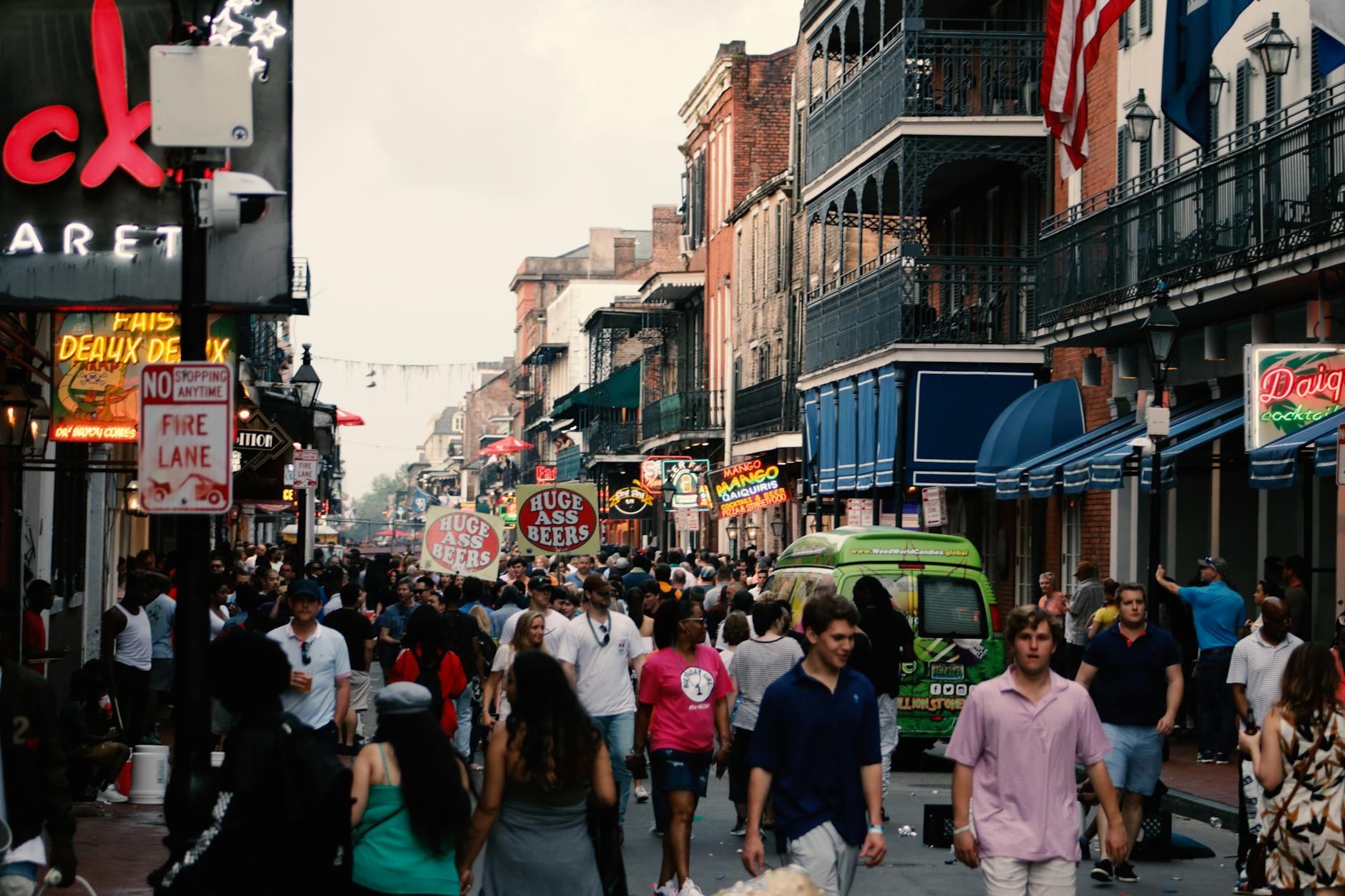
This table illustrates some key cultural impacts on insurance decisions
| Insurance Type | Core Cultural Influence | Impact on Needs/Decisions |
|---|---|---|
| Property | Deep connection to land, “Rebuild-it” resilience, Community assistance, High disaster frequency, Mistrust of large institutions | Strong demand for flood/wind, but sometimes underinsurance; preference for rebuilding “in place” despite risks; reliance on state-backed insurers; importance of local agent relationships. |
| Auto | Litigious environment, Strong family/community ties, Trust in local businesses (mechanics) | Higher premiums due to claims frequency/severity; reliance on trusted local repair shops; potential for informal resolution for minor incidents; emphasis on liability coverage due to high litigation rates. |
| Life/Health | Powerful family networks, Community support systems, Traditional remedies, Focus on immediate enjoyment | May reduce perceived urgency for individual life policies; reliance on informal care networks (family, church) in health crises; potential for health disparities influencing health insurance take-up. |
Life and Health Insurance
While health and life insurance are fundamental, cultural elements can influence their uptake.
- Strong Family Networks: The robust family support system in Louisiana means that in times of illness or death, families often pool resources and provide care. This can, for some, lessen the perceived urgency of individual health or life insurance policies, as there’s an inherent belief that “the family will take care of it.”
- Community Health: Local clinics, church outreach programs, and community health initiatives play a significant role, particularly in rural areas. Access to healthcare and health literacy can vary, influencing decisions surrounding health insurance.
- Traditional Remedies: A respect for traditional remedies and home care, sometimes passed down through generations, can also influence how conventional healthcare and associated insurance are viewed.
Factors affecting health and life insurance decisions in Louisiana often include:
- Availability and accessibility of local healthcare providers.
- Strength of extended family and community support networks.
- Prevalence of chronic health conditions (e.g., diabetes, heart disease).
- Economic stability and disposable income levels.
- Trust in healthcare systems vs. traditional remedies.
The Role of Local Agents and Community Trust
Given the emphasis on personal relationships, local insurance agents are not just salespeople; they are often trusted advisors and community members. An agent who understands the nuances of coastal living, the impact of a recent hurricane on local psyche, or the specific needs of a fishing community will resonate far more than a faceless online portal. These agents build trust over generations, providing personalized advice that considers not just financial metrics but also cultural sensitivities and local conditions. They often become educators, helping bridge the gap between complex insurance language and what truly matters to their clients.

Challenges and Opportunities for Insurers
For insurance companies, navigating Louisiana’s cultural landscape presents both challenges and opportunities:
- Challenges: Educating residents about the evolving nature of risk (e.g., “100-year floods” becoming more frequent), overcoming historical skepticism, and balancing actuarial necessities with the cultural desire to rebuild in vulnerable areas requires sensitivity and persistence. The high-risk environment also makes it difficult to maintain affordable premiums.
- Opportunities: Insurers who invest in local agent networks, develop culturally sensitive educational materials, and tailor products to address specific Louisiana risks (like elevated foundations or flood mitigation incentives) can build significant market share and foster stronger community relations. Community engagement, sponsoring local events, and participating in disaster recovery efforts can also enhance trust and brand loyalty.
Louisiana!
Louisiana serves as a compelling case study on how local culture influences insurance. The state’s unique heritage, its resilience, community spirit, embrace of tradition, and the omnipresent force of nature, does not merely influence what insurance policies are sold, but how they are perceived, understood, and ultimately valued by its people.
For insurers and policymakers alike, a profound appreciation for Louisiana’s cultural identity is not just a polite consideration, but an absolute necessity for effectively serving its vibrant, unique, and fiercely independent populace. Ultimately, understanding the soul of Louisiana is key to navigating the complexities of its insurance landscape.
